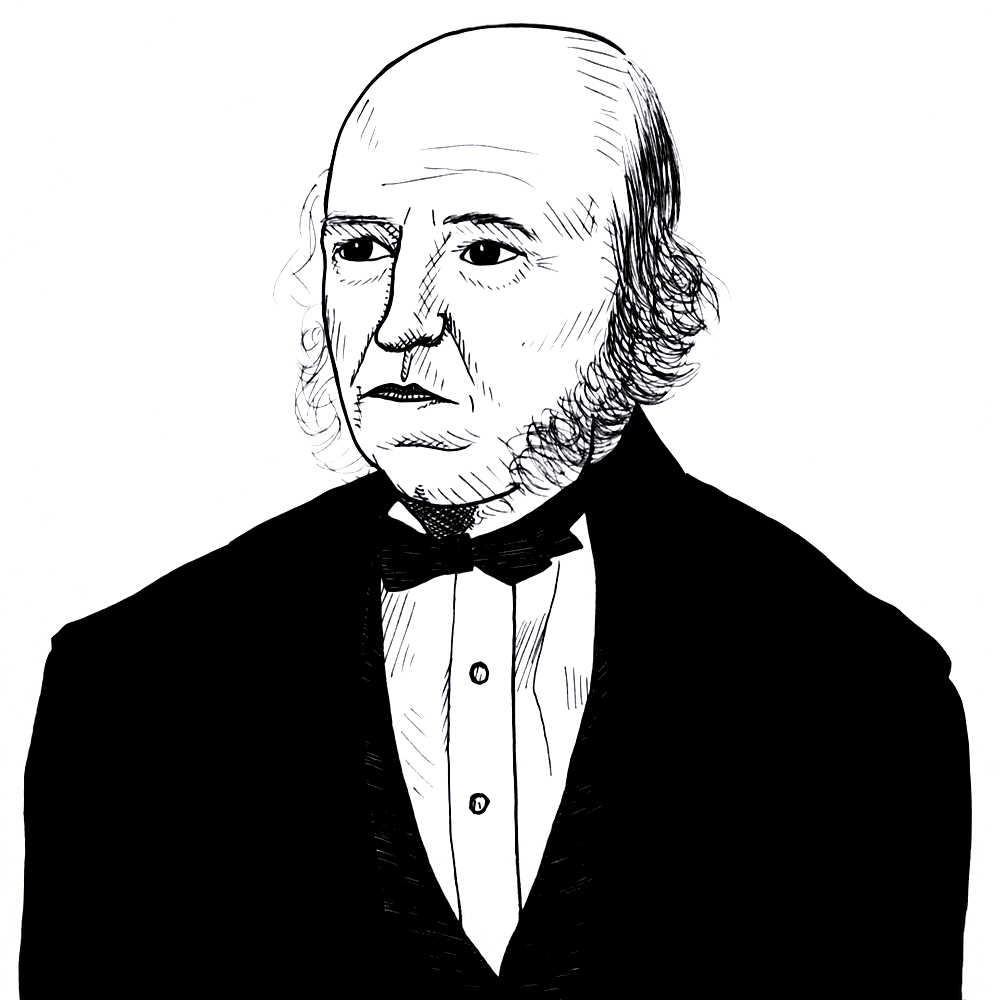
Herbert Spencer on the State’s cultivation of “the religion of enmity” to justify its actions (1884)
Found in: The Man versus the State, with Six Essays on Government, Society and Freedom (LF ed.)
In the Postscript to his The Man versus the State (1884) the English sociologist Herbert Spencer (1820-1903) argued that the State deliberately encouraged “the religion of enmity” against others in order to bolster public “faith in governmental ability and authority”:
War & Peace
Chiefly, however, the maintenance of this faith is necessitated by the maintenance of fitness for war. This involves continuance of such confidence in the ruling agency, and such subordination to it, as may enable it to wield all the forces of the society on occasions of attack or defence; and there must survive a political theory justifying the faith and the obedience. While their sentiments and ideas are of kinds which perpetually endanger peace, it is requisite that men should have such belief in the authority of government as shall give it adequate coercive power over them for war purposes—a belief in its authority which inevitably, at the same time, gives it coercive power over them for other purposes.